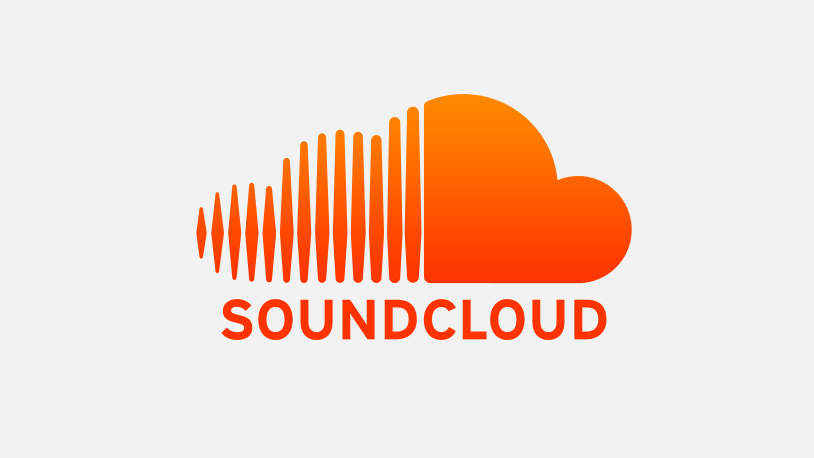SoundCloud Slammed Over Premier Artist Contract
By Jem Aswad
LOS ANGELES (Variety.com) – UPDATED: In the 11 years since it was founded as a platform for DJs to post their mixes, has become so popular that a genre of hip-hop was named after it. But the company struggled in its efforts to become a fully-licensed, above-ground platform, and nearly went out of business last year before reorganizing under new CEO Kerry Trainor. Since he took the helm, the company has worked to streamline its platform for artists via a partnership with rights-clearance organization Dubset and last week finally launching its long-in-the-works Premier program, which allows artists to upload and monetize their content without a record label or aggregator. (Spotify recently announced a similar program, currently in beta.)
Its contract for Premier came under harsh scrutiny in an article The Verge posted Friday morning under the headline “SoundCloud’s New Artist Contract Is a Raw Deal for Musicians.” In it, the publication pointed out several restrictive elements in the contract around its payment dates and percentages, and particularly in that artists are asked to sign away their rights to sue SoundCloud. The contract, which is available to all eligible for Premier membership (although full details are apparently not available until a person actually signs up), was provided to The Verge by an artist named Sweeps.
SoundCloud contested some of the claims, albeit in a broad sense, in a statement provided to Variety Friday afternoon. “The SoundCloud Premier monetization program operates on a fixed net revenue share of 55% and monthly royalty payments paid net 45 days to creators, which exceeds most other platforms,” it reads. “SoundCloud Premier is completely non-exclusive, the creator always retains all their content rights, and reserves the right to exit the agreement at any time. We are always looking for ways to simplify our agreements for the benefit of our creator community, and will take the opportunity here to avoid future confusion.”
According to the Verge report, points in SoundCloud’s Premier agreement include:
*The broad release of all claims against the company (called a “covenant not to sue”) and a mandatory arbitration clause. Artists who sign the agreement agree to never sue SoundCloud or assist in someone else’s lawsuit against SoundCloud, and to take any disputes to arbitration instead of court — including legal action over any past illegal use of the artist’s recordings by SoundCloud, and if the artist leaves the Premier program or SoundCloud. Tunecore and YouTube have similar terms, although The Verge reports that Spotify’s contract does not.
*SoundCloud may make changes to its payment program — including changes in rates, fees and even closing it completely — at any time without advance notice, or any notice at all. “It is Your responsibility,” the agreement says, “to check these Terms and Conditions on the Platform from time to time for updates.”
*The payment schedule is hazy: While the promotional wording says artists will be paid each month, the contract states that SoundCloud may elect to pay artists only when they reach $100 in revenue. The contract says that “SoundCloud will calculate Your Net Revenues on a monthly, quarterly or another accounting period basis SoundCloud elects to use.” This is a fairly common practice with record labels.
*Similarly, there is a lack of clarity about how streams on different platforms are monetized, with a reference to revenues on a “tier by tier basis” that suggests streams by free users may pay less than ones from paying users.
*The contract gives artists six months to audit or challenge statements after they are issued, less than the industry standard of two years.
The covenant not to sue in particular was criticized by attorneys contacted by the publication. Jeff Becker, an entertainment and media attorney at Swanson, Martin & Bell, said, “This agreement will allow artists to monetize the exploitation of their music on SoundCloud only if the artist agrees to forego all existing claims he or she may have against the company,” adding that it is “unusual, at best, for a platform to open their terms and conditions with a provision that requires the artist to entirely release it of all prior violations and infringements committed by that platform.”
Lita Rosario, an attorney who represents Missy Elliott and Sisqo, added, “If you find that SoundCloud didn’t send you the amount of money you’re owed, you’re prohibited from suing them for breach of contract,” Rosario says. “I don’t see how they can have someone agree in advance that they’re not going to be able to sue them for failing to pay an account.”
“I think the broad release of claims and covenant not to sue will be challenged in court,” Rosario continued. “The language is much too broad.”

